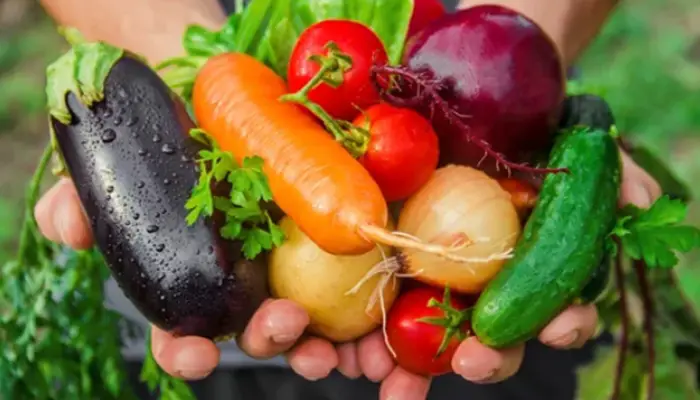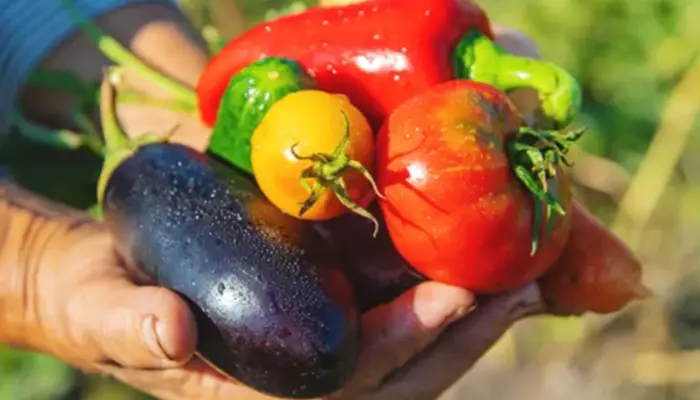Summer is the best time to plant vegetables. The soil is warmer and moister, and there are fewer weeds to contend with.
Vegetables are an important part of a healthy diet and it is important to eat vegetables from all the different food groups.
Some of the best summer vegetables that you can grow in your garden are tomatoes, cucumbers, zucchini, eggplant, green beans, potatoes, peas, and corn.
Nevertheless, we are going to talk about some of the most common summer vegetables people love to grow below.

Summer Vegetables
Although there are a lot more, these are the most common vegetables you will find in most backyard gardens during the hot summer times.
What are the Best Summer Vegetables to Grow in Your Garden?
Here are the best vegetables that grow in summer.
Tomatoes
tomatoes are a staple for any garden, and they grow well in summer. They are best eaten raw or as a side dish, but can also be used to make sauces and soups. .
Potatoes
potatoes are a staple in the garden, and they grow well in summer. They can be used in soups, stews, as chips or even roasted.
Peppers
peppers come in all shapes and sizes, from bell peppers to jalapenos to poblanos
Zucchini
zucchini is the vegetable that grows the fastest of all summer vegetables
Eggplant
eggplant is versatile and can be used in many dishes like stews, ratatouille, and baba ganoush.
Summer Squash
summer squash is a popular vegetable in the summer because of its versatility
How to Plant and Care for Summer Vegetables
The key to a successful vegetable garden is proper planting.
Choose a sunny spot where the soil has been well-prepared, loosened, and fertilized.
Make sure that you plant your vegetables in rows so that they will be easier to care for as they grow.
Vegetable garden care requires some attention in order for it to thrive.
You will need to water your plants every day or two, depending on rainfall; weed regularly; fertilize periodically; and watch out for pests such as aphids, slugs, snails, and caterpillars.
Aphids and slugs are very common garden pests.
If you have a problem with aphids, apply neem oil or soapy water to the plant.
Slugs are susceptible to beer traps and/or pressure pots. Caterpillars can be deterred by applying Bacillus thuringiensis on the leaves, spraying them with soapy water, or by placing copper strips around the plant to control bacterial pathogens.
Apply copper strips around the plant and spray Bacillus thuringiensis on the leaves.
Other methods include soaking container plants in a solution of water and baking soda for 30 minutes twice a week, washing with a dilute bleach solution once a week, or spraying liquid soap on the foliage.




